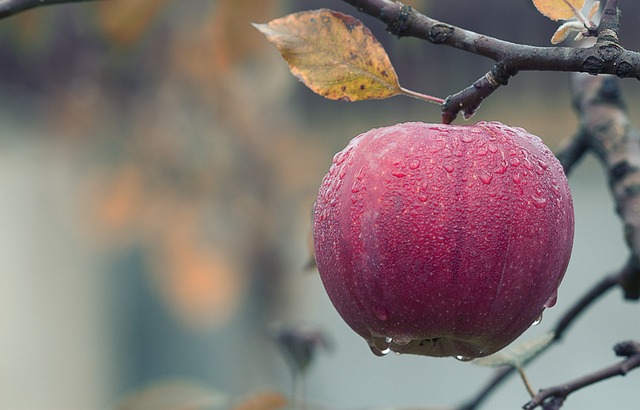How to Incorporate Probiotics into Your Vegan or Vegetarian Lifestyle
Probiotics are live microorganisms that provide numerous health benefits when consumed in adequate amounts. They are often referred to as “good” or “friendly” bacteria and are more commonly found in fermented foods. If you are following a vegan or vegetarian lifestyle, you may wonder how to incorporate probiotics into your diet. Here are some ways you can do so.
1. Fermented Vegetables
Fermented vegetables, such as sauerkraut, pickles, and kimchi, are excellent sources of probiotics. These foods are rich in lactic acid bacteria, which can help improve digestion and boost the immune system. These vegetables are often naturally vegan or vegetarian, making them easy to incorporate into your diet. You can add them to your salads, sandwiches, or enjoy them as a side dish.
2. Kombucha
Kombucha is a fermented tea that is rich in probiotics. This drink is made by fermenting tea and sugar with a symbiotic culture of bacteria and yeast (SCOBY). Kombucha is available in many flavors, and you can even make it at home with a SCOBY starter kit. A cup of kombucha can provide you with a good dose of probiotics to help improve your gut health.
3. Dairy-Free Yogurt
If you are following a vegan lifestyle, dairy-free yogurt can be an excellent source of probiotics. Many brands are made with plant-based milks such as almond, coconut, and soy. These yogurts are often fortified with probiotics to help improve gut health. You can enjoy them as a snack or use them as a base for smoothie bowls or overnight oats.
4. Tempeh
Tempeh is a fermented soy product that is a good source of probiotics. This food is vegan-friendly and can be used as a meat alternative in many dishes. Tempeh can be grilled, sauteed, or baked to add a rich umami flavor to your meals. You can also add it to salads, sandwiches, or stir-fries.
5. Miso Soup
Miso soup is a traditional Japanese dish made from fermented soybeans. This soup is rich in probiotics and can be customized with your favorite vegetables and spices. Miso is also a versatile ingredient and can be added to sauces, marinades, or used as a seasoning for roasted vegetables.
6. Vegan Probiotic Supplements
If you are unable to consume probiotic-rich foods, vegan probiotic supplements can be a good alternative. These supplements come in various forms, such as capsules, tablets, or powders, and can be found at health food stores or online. Always consult your healthcare provider before taking any new supplements.
Probiotics are an essential part of a healthy diet and can help improve your gut health and boost your overall well-being. By incorporating probiotic-rich foods into your vegan or vegetarian lifestyle, you can ensure that you are getting the right amount of “good” bacteria to keep your gut happy and healthy.







